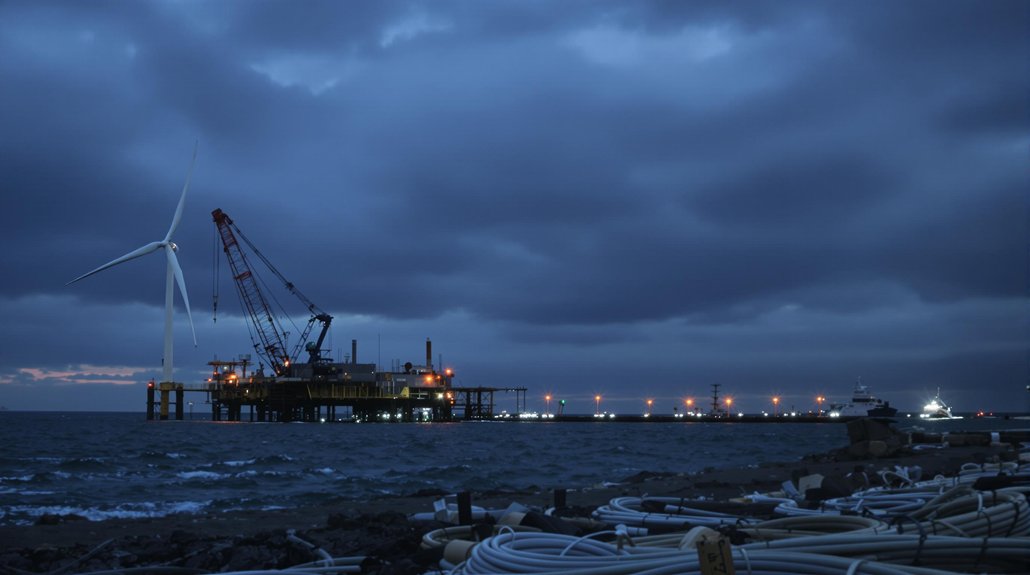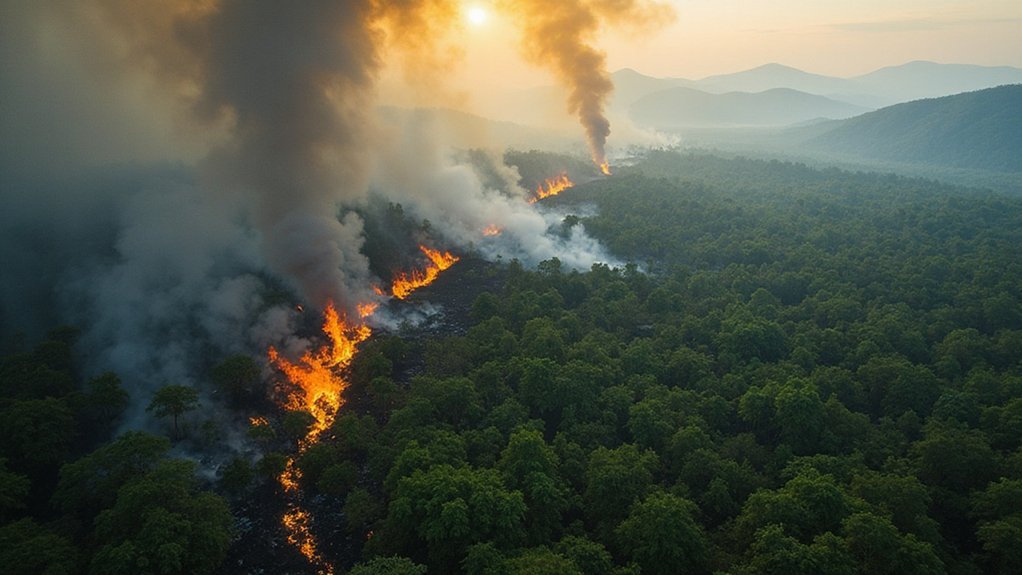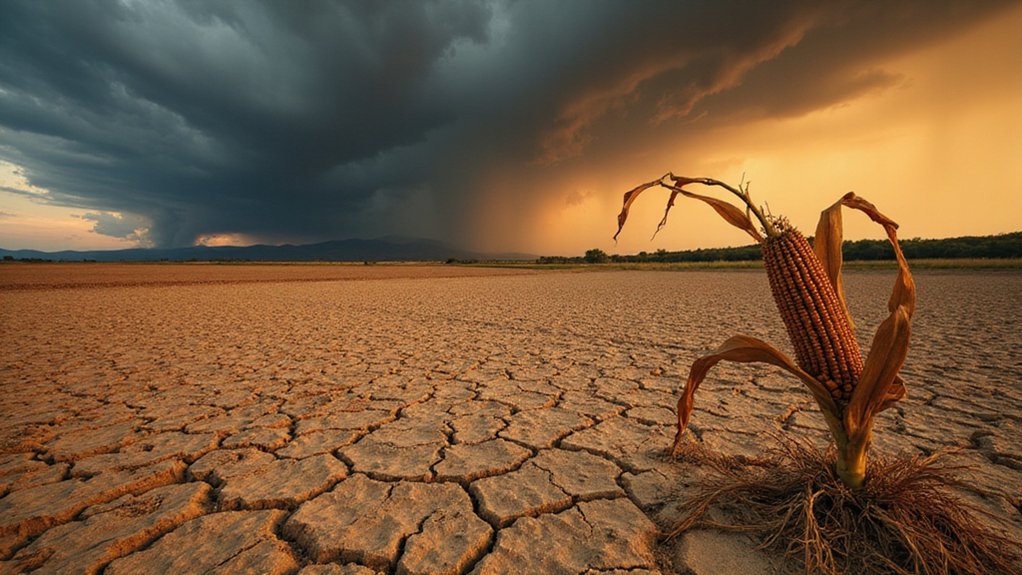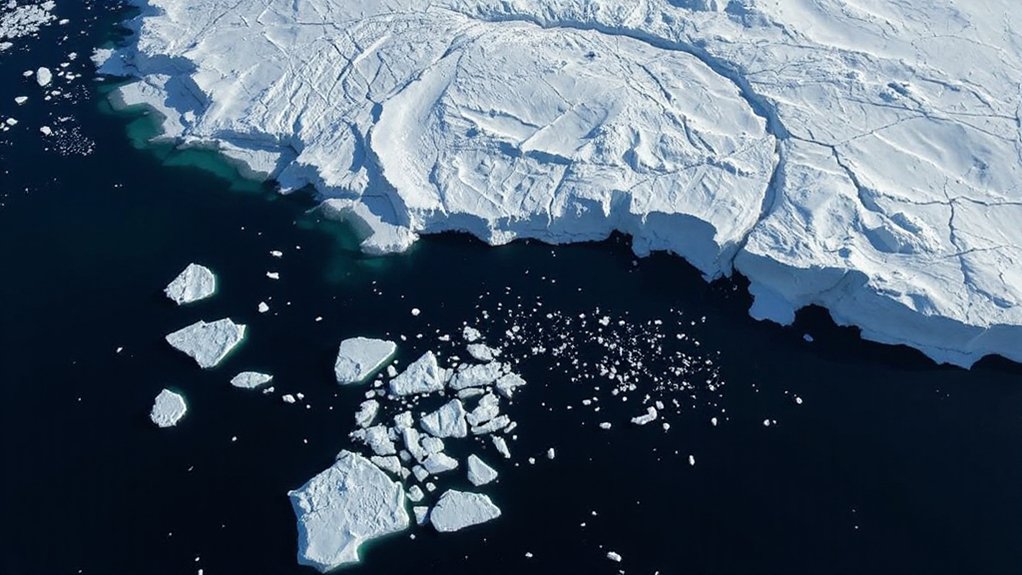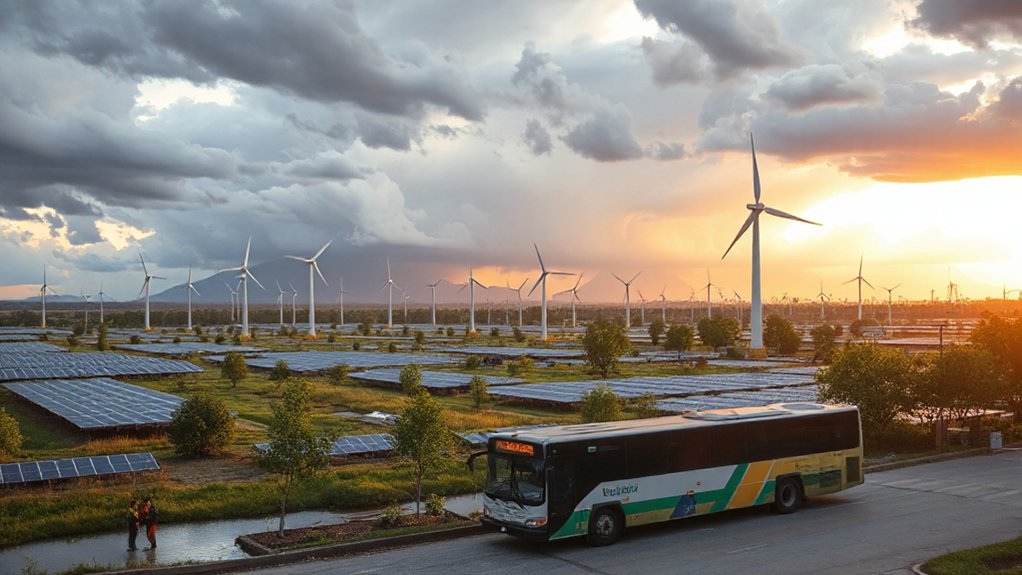The United States and major oil-producing nations are pushing back against a global treaty that would limit plastic production. This opposition aligns closely with fossil fuel interests and has created a significant deadlock in international negotiations aimed at addressing plastic pollution.
The US has formally asked other nations to reject any measures that would cap plastic production or ban certain additives, calling such restrictions “unacceptable.” Instead, American officials argue that plastics play a vital economic role and that solutions should focus on waste management rather than production limits.
US officials reject production caps on plastics, prioritizing economic interests over regulation in global treaty negotiations.
At recent talks in Geneva, the US tried to remove language about the “full lifecycle of plastics” from treaty objectives. This move would weaken efforts to regulate how plastics are made and designed. The US now favors letting each country decide its own approach rather than creating binding global rules.
Around 100 countries support stronger action. Nations across Europe, Africa, Latin America, and the Pacific Islands, along with Canada and Australia, want strict measures to reduce new plastic production. They argue that addressing the entire toxic lifecycle of plastics is essential, not just managing waste.
Industry groups like the American Chemistry Council claim production caps would raise costs without solving pollution problems. Oil and gas companies have lobbied heavily for recycling-focused solutions that don’t restrict their ability to make more plastic. This stance resembles America’s previous withdrawal from the Paris Agreement, which significantly undermined global climate cooperation efforts.
The newest drafts of the treaty no longer include articles that would limit virgin plastic production. This represents a victory for the US-led opposition group, which includes Russia and Gulf oil states that have formed a blocking coalition.
The current US position differs from the previous administration’s support for stronger controls on plastic supply. Critics note that the administration’s stance mirrors industry talking points about “effective and practical solutions” instead of regulation, raising concerns about corporate influence on the treaty process. Environmental groups like Greenpeace have criticized the U.S. stance as weak and insufficient for addressing the global plastic crisis. Without intervention, global plastic production is projected to almost triple by 2060, creating an unsustainable environmental burden.
References
- https://www.climatechangenews.com/2025/08/08/as-us-joins-oil-states-in-blocking-production-cuts-un-plastics-treaty-talks-remain-deadlocked/
- https://neworleanscitybusiness.com/blog/2025/08/08/us-opposes-plastic-production-caps-global-treaty/
- https://www.plasticpollutioncoalition.org/blog/2025/8/8/u-s-backs-polluters-over-people-at-un-plastics-treaty-talks
- https://abcnews.go.com/Business/wireStory/new-draft-plastic-pollution-treaty-limit-plastic-production-124612416
- https://www.developmentaid.org/news-stream/post/198854/plastic-pollution-crisis-looms

